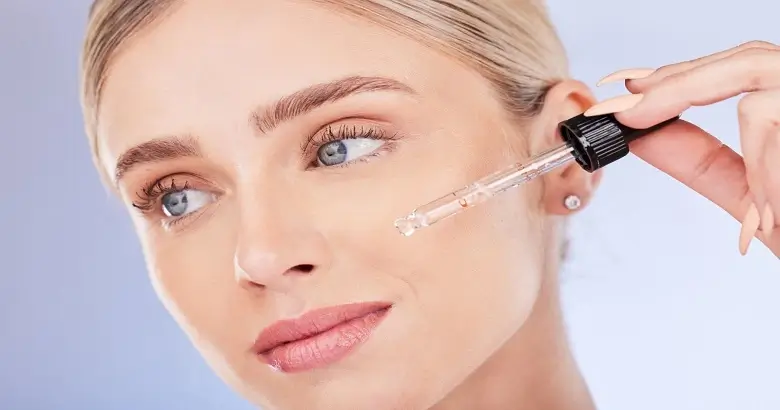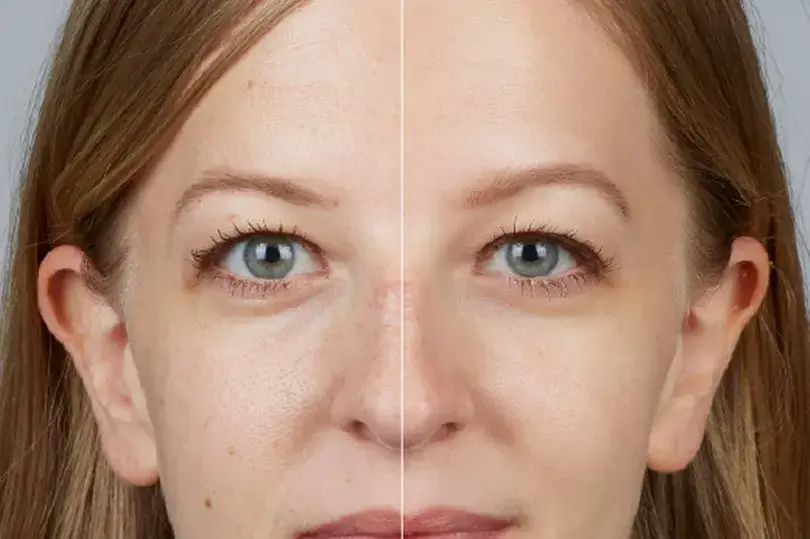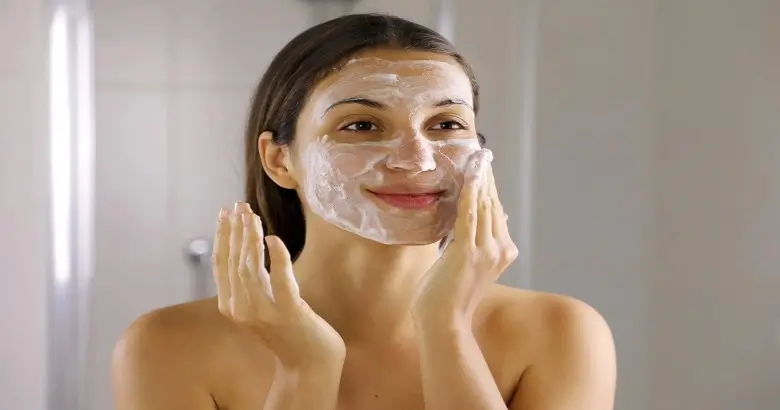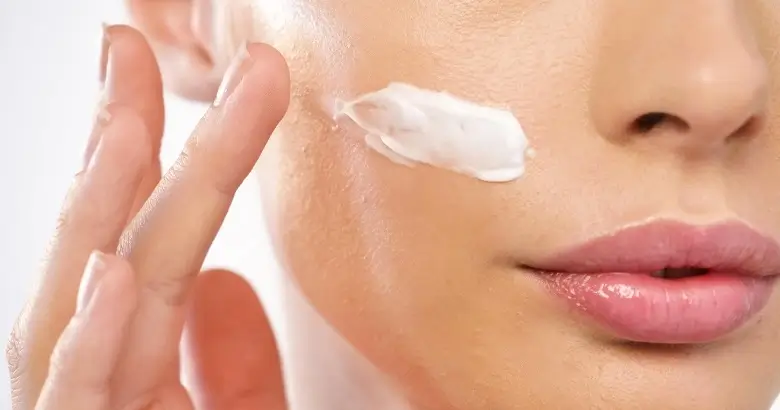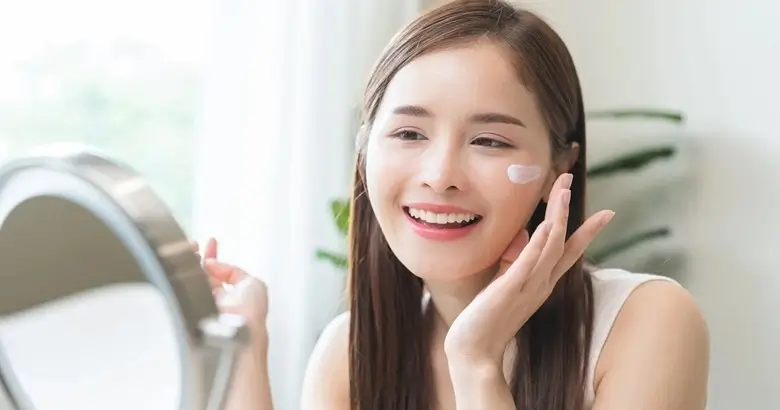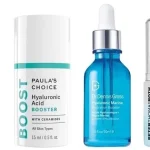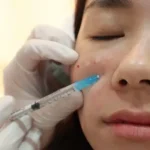Retinol, a form of Vitamin A, has been widely studied and celebrated for its extensive benefits in skincare. Below are some of the major advantages of incorporating retinol into your skincare routine:
1. Boosts Collagen Production
As we age, collagen production decreases, leading to sagging skin and fine lines. Retinol helps to stimulate collagen production, which can improve the firmness and elasticity of the skin. This makes it particularly beneficial for reducing the appearance of fine lines and wrinkles.
According to a study published in Dermatology and Therapy (2017), retinol has been shown to increase collagen production, leading to a visible reduction in the appearance of wrinkles and improved skin elasticity. The study found that retinol usage over 12 weeks increased collagen levels by 80% in some users.
2. Promotes Skin Cell Turnover
Retinol speeds up the process of skin cell turnover, which means your skin sheds dead cells and replaces them with fresh ones more rapidly. This helps to keep the skin smooth, bright, and free from clogged pores, reducing the appearance of dull or uneven skin texture.
3. Reduces Fine Lines and Wrinkles
Regular use of retinol has been shown to smooth out fine lines and wrinkles, making the skin look younger and more radiant. This occurs because retinol accelerates cell regeneration and helps stimulate the production of new, youthful skin.
4. Fights Acne
Retinol helps prevent clogged pores, one of the main causes of acne. It promotes the shedding of dead skin cells and regulates oil production, reducing the likelihood of breakouts. It is often recommended for those struggling with acne, particularly post-acne scars.
5. Improves Skin Tone and Texture
By speeding up cell turnover, retinol can help to fade dark spots, hyperpigmentation, and sun damage. Over time, it evens out skin tone and improves skin texture, giving your complexion a smoother, more radiant appearance.
6. Fades Hyperpigmentation
Retinol is highly effective at addressing issues like sunspots, melasma, and acne scars. It helps to lighten dark spots by increasing the turnover of skin cells, which gradually fades pigmentation and reveals clearer skin.
In a 2013 study published in The British Journal of Dermatology, retinol reduced the appearance of hyperpigmentation by 40% in participants after 6 weeks of use.
7. Reduces the Appearance of Pores
Because retinol helps to clear out dead skin cells and unclog pores, it can reduce the appearance of large pores. It keeps the skin looking clear and refined, especially for those with oily or acne-prone skin.
8. Boosts Skin Radiance
With continuous use, retinol can give your skin a glowing, healthy appearance. Its ability to promote cell turnover and fade dark spots contributes to a more radiant and even skin tone.
9. Improves Skin Elasticity
As retinol stimulates collagen production, it also helps improve the elasticity of the skin. This makes the skin more resilient, firm, and youthful-looking.
In a 2008 study published in The Journal of Drugs in Dermatology, participants saw a significant 12% improvement in skin elasticity after using a retinol product for 12 weeks.
10. Uplift the Efficacy of Other Skincare Products
Because retinol promotes cell turnover and increases skin receptivity, it helps other skincare ingredients, like serums and moisturizers, to penetrate deeper and work more effectively.
